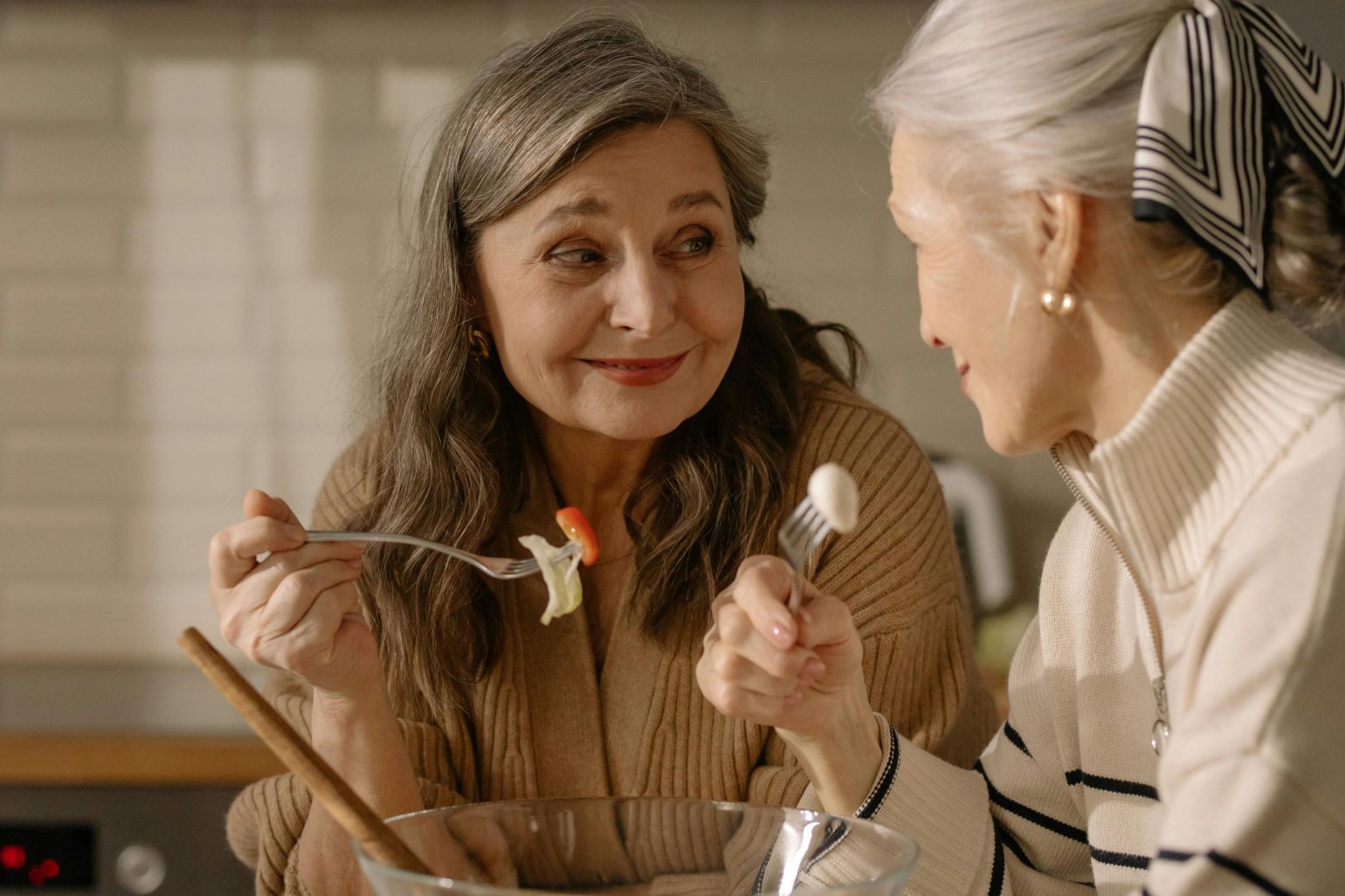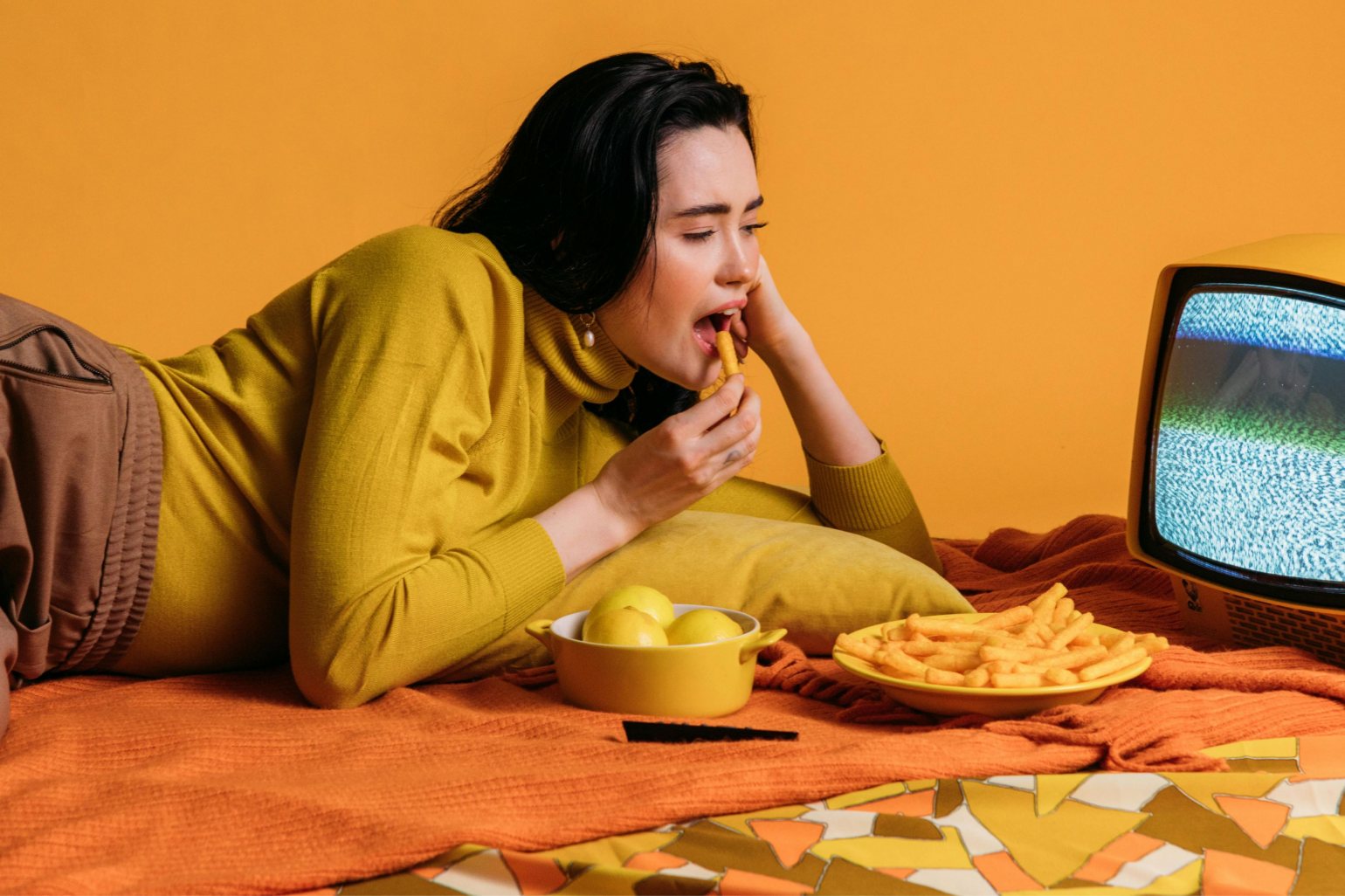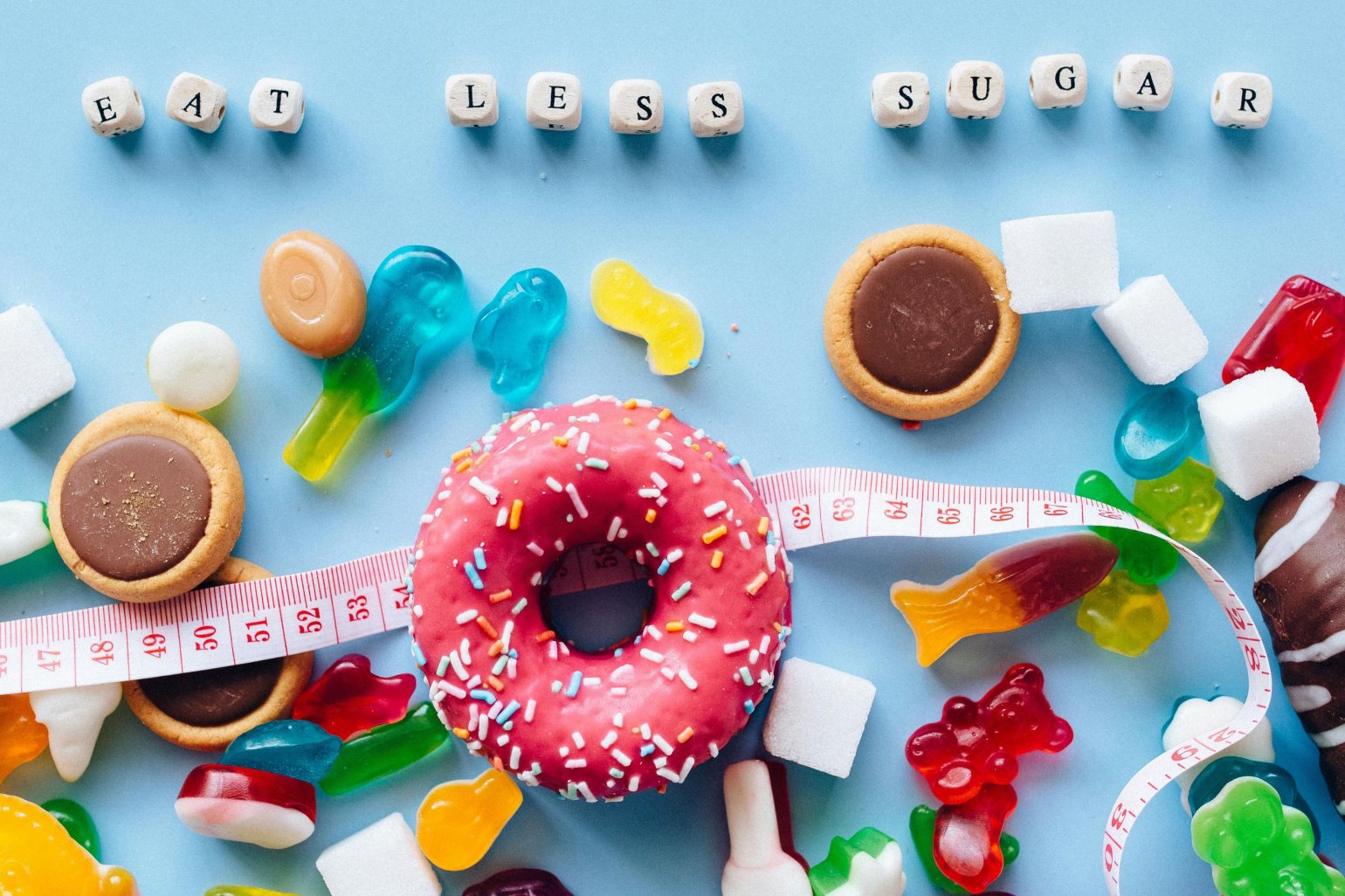Eat Well, Rest Better: How to Improve Your Sleep Through Diet
We have all experienced temporary spells of bad sleep and restless nights tossing and turning. While this can feel like an unexplained event, you are not merely at the mercy of the bad sleep roulette. In fact, the answer to your sleeping woes could lie simply in the daily food and drink choices you make.
With a constant conveyor belt of diet advice, fads and trends approaching us from every angle, it can be hard to know where to start when trying to improve your sleep hygiene.
So, to help you avoid picking up unhealthy habits and spending a fortune on supplements that may not benefit you, Dr. Lindsay Browning, psychologist and sleep expert at And So To Bed, has provided some simple, practical steps in our expert guide to improve sleep through diet changes.

1. Reduce Your Alcohol Intake
Whether you’re doing Dry January, Sober October or just because you feel like it, reducing your alcohol intake can help improve the quality of your sleep.
Alcohol is a sedative, so it can help with falling asleep but, as it metabolises, it promotes wakefulness, meaning you wake more frequently in the latter half of the night. Alcohol also affects the normal progression of the sleep stages, meaning that any sleep you get after drinking is not as restorative.
Ultimately, the less alcohol you consume, the less disruptive your sleep. Therefore, periods of alcohol abstinence could see great improvements in your sleep quality.
2. Limit Caffeinated Drinks
Alcohol isn't the only liquid that can disrupt sleep. Coffee, tea, energy, and some fizzy drinks contain caffeine which, although it can boost alertness, can also negatively impact sleep if consumed in high quantities, or too close to bedtime. For some people, caffeine close to bedtime can disrupt and fragment sleep making sleepwalking, sleep talking or sleep paralysis more likely.
Caffeine has an average half-life of approximately 6 hours. That means half of the caffeine from your last tea or coffee is still in your system 6 hours later affecting your sleep! If you have trouble sleeping, try to avoid caffeine after around 2pm.
3. Avoid Late-Night Chocolate Snacking
Just like coffee and tea, chocolate contains caffeine which can keep you up if eaten too close to bedtime. Although chocolate tends to contain much less caffeine than tea or coffee, dark chocolate contains more than the milk variety. While a post-dinner dark chocolate treat may seem like the perfect way to finish your evening meal, it can have a not-so-sweet effect on your sleep!
The caffeine and theobromine found in chocolate (including sweets or hot chocolate) can also act as mild diuretics, but the effect is generally very small. Consuming large amounts of chocolate before bed may make you more likely to wake up in the night to go to the toilet, which is not helpful when you are looking for a full night's rest.
Chocolate also tends to contain a lot of sugar which increases alertness and energy levels and the cocoa butter inside is high in fat. Fatty foods eaten close to bedtime can overwhelm the digestive tract overnight, also disrupting sleep.
As with our tips for caffeinated drinks, it is best to keep your chocolate snacking to lunchtime or around 6 hours before bedtime, to minimise any effect on sleep.

4. Do Not Eat In Bed
Your bed should ideally only be used for sleeping, intimacy and relaxation. Any other activity, such as working or eating in bed, can interfere with the brain’s association of the bed with rest and relaxation.
If you choose to eat in bed you can make it harder for yourself to fall asleep, plus late-night snacking can increase the risk of indigestion or acid reflux, an uncomfortable experience that can also keep you up.
Additionally, eating in bed can contribute to mindless eating habits, as the bed is not usually associated with mindful eating practices; it can be easy to overeat or eat without being fully conscious of what or how much you are consuming.
Finally, it is quite unhygienic to eat in bed as it may leave crumbs, spills and food residues, attracting insects or bacteria if you’re not careful, making your sleeping environment less clean and relaxing as a result!
5. Start Eating Meals In A New Time Zone As Soon As Possible
While sticking to the tips above may be easier at home it is important to stick to your diet and sleep routines as much as possible when travelling to avoid restless sleep.
If you are travelling to other time zones you should start gradually adjusting your mealtimes closer to the time you’ll be eating them at your destination before leaving home.
Therefore, you may want to skip the aeroplane meal (or have it later) if you would be asleep in your destination’s time zone when it is served.

How Many Hours Before Bed Should You Stop Eating?
Choosing a balanced dinner is essential to a good night's sleep, but even healthier large meals should ideally be finished at least 2-3 hours before lying down to sleep to allow proper digestion. Eating an especially spicy, high-in-fat, or acidic meal closer to bedtime can lead to indigestion, acid reflux and heartburn which can disrupt sleep.
If You’re Hungry, What Should You Eat Before Bed?
Sometimes, a small snack before bed (not a large meal) can be beneficial for sleep, especially if someone’s hunger is preventing them from falling asleep, or they are prone to waking in the night, hungry.
Ideal pre-bedtime snacks include brown bread toast with peanut butter or banana, a small turkey sandwich, or a small bowl of porridge topped with kiwi or almonds. This should be eaten while sitting in another room, rather than when lying down in bed.
A healthy diet is key to overcoming negative habits as a bad diet can create a loop that is hard to break from. Unhealthy eating patterns can affect sleep, and poor sleep often leads to less mindful nutritional choices. As poor sleep adds up, we’re more inclined to opt for food that requires minimal effort - such as takeaways or microwave meals - which are often less nutrient-dense, further trapping us in the cycle of poor health. Further, insufficient sleep can affect our hormones responsible for hunger (ghrelin) and satiation (leptin).
How Does Eating Before Bed Affect Sleep?
We often spend the days looking forward to our dinners, when we aren’t on the go and can indulge in heartier meals. However, eating large portions, especially of unhealthy foods close to bedtime could leave you tossing and turning.
Spicy, fatty and sugary foods eaten near bedtime may make your body work extra hard to digest, potentially disrupting sleep and waking you more frequently throughout the night.
Are There Foods That Help You Sleep?
Opting for well-balanced meals is generally recommended for your health, offering a host of benefits including positive impacts on your sleep. Plus, including plenty of vegetables in your evening meal can offer a range of nutrients that support general health as well as potentially offering benefits for sleeping.
Best Foods For Sleep
- Almonds
- Turkey
- Non-caffeinated, sugar-free warm drinks
- Bananas
- Fatty fish
Foods To Avoid Before Bed
- Chocolate
- Sweets
- High-fat and sugar desserts like cake
- Salty snacks like crisps
- Spicy and acidic dishes
As well as making better food choices, your sleep environment is key to a good night’s sleep. A supportive mattress, like our Tempur memory foam mattress range, will help to alleviate discomfort and support alignment so your body can relax. Add high-quality bedding and luxury pillows and you’ll have the ultimate deep sleep.
Improve your sleep even further by Booking A Sleep Expert Consultation at one of our Nationwide Showrooms
Please Note that the consultation is for one of our And So To Bed sleep experts, not with Dr. Lindsay Browning.

-
Posted by Charlie Vose
17th January 2025


